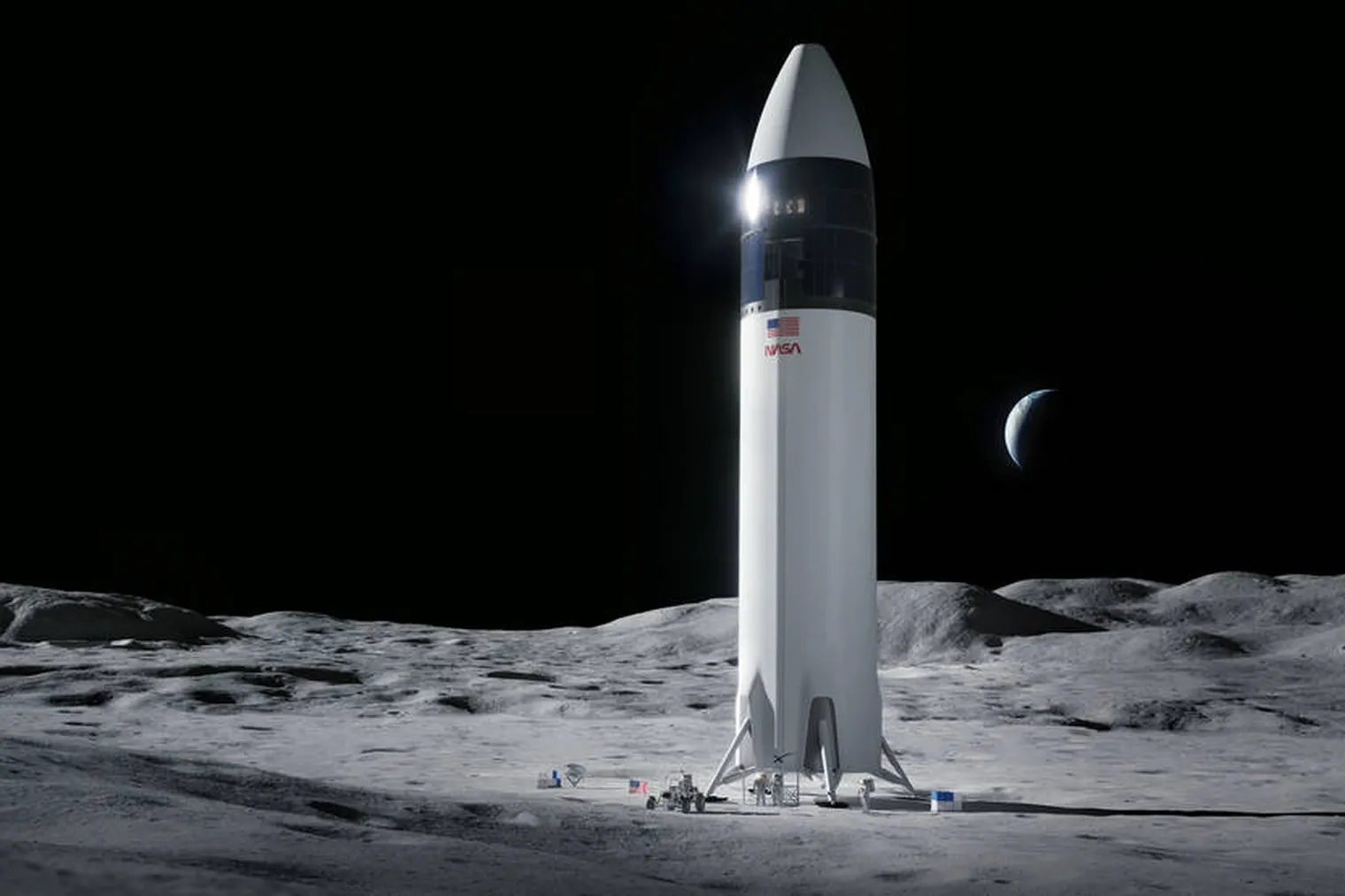boatgeek
Well-Known Member
- Joined
- Dec 27, 2014
- Messages
- 7,372
- Reaction score
- 7,875
The thing that stands out for me is that although they were supposed to select TWO, the budget wouldn't even cover ONE. Reports were that since SpaceX was at least close, they "shifted" money into later years to make it work but still used the ENTIRE budget. That would seem to mean that requiring two winners, without tripling the budget will result in it TWO winners, but ZERO. More likely though is that two will be selected, spread over more years, and zero (NASA) launches for five or ten years.
And leaves open the possibility that SpaceX beats everyone on their own dime.
That's a real issue. The right thing to do in that case is to either re-bid (if the proposals had already been received) or issue a change notice to the bid process (if they hadn't). Either one of those are totally reasonable and legal, though they would have extended the bid process by likely a few months. If it they could do it with a change notice, then it would probably be less extra time needed.





